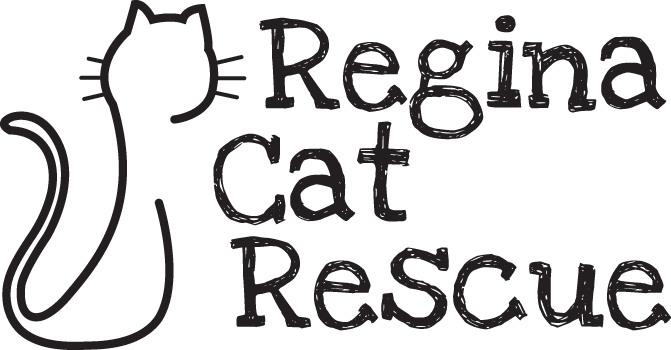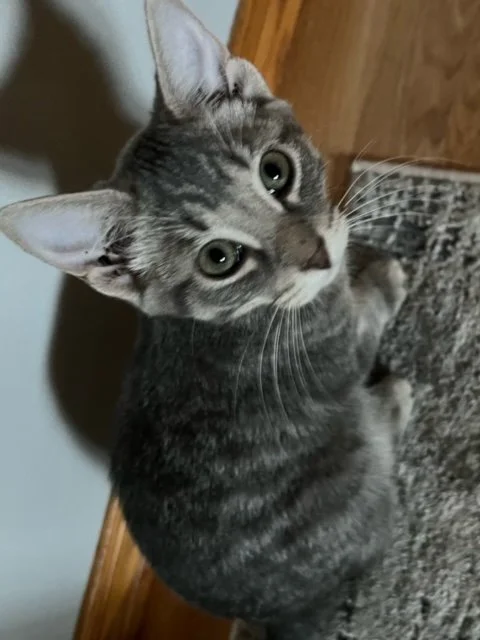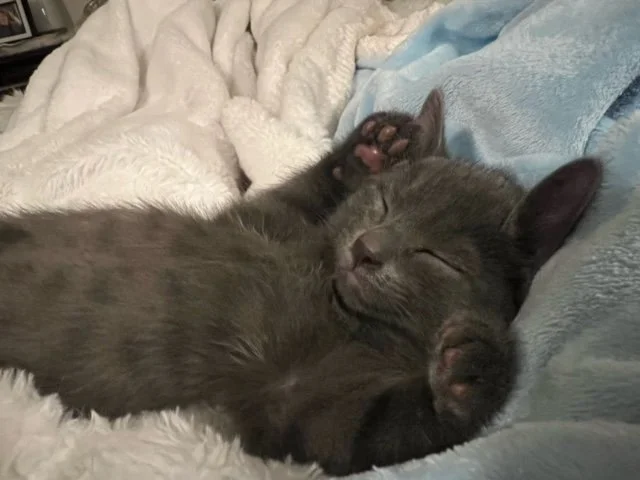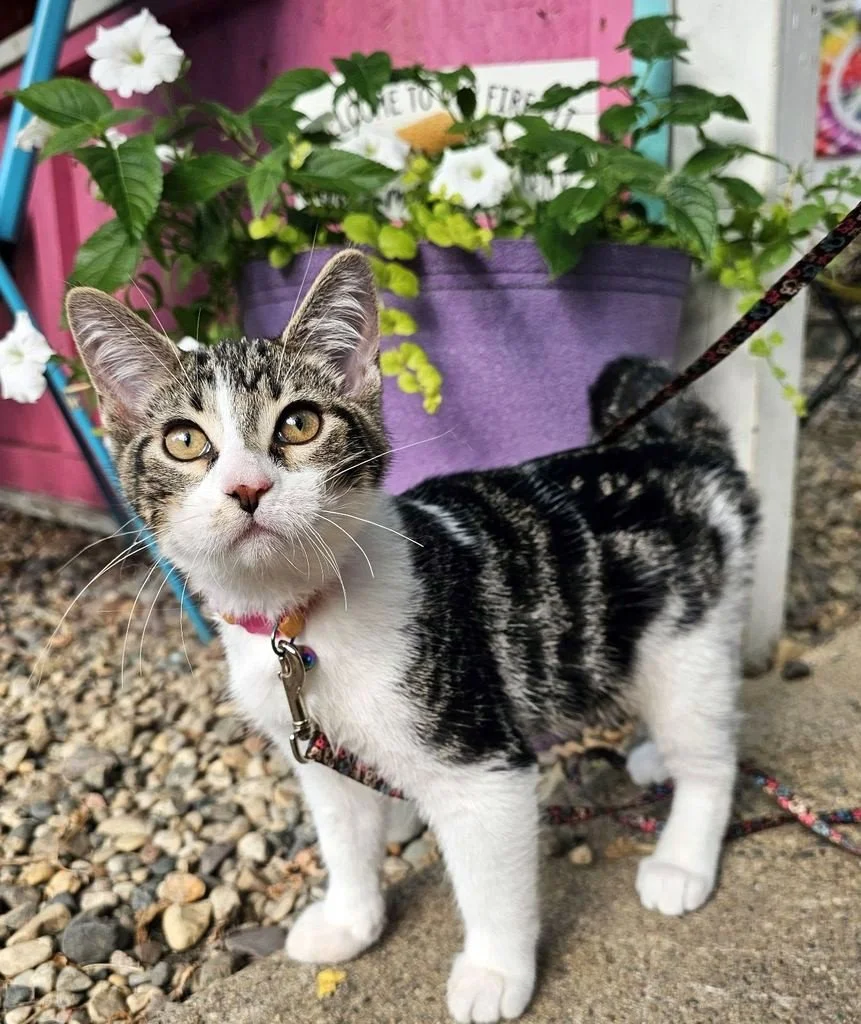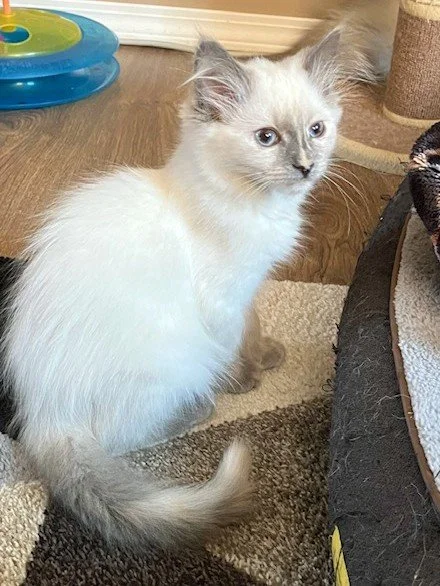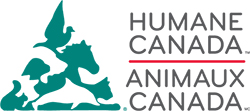In the News
/Media
- City is crazy with cats (Ink, University of Regina School of Journalism, Mar. 5, 2014)
- Hundreds of feral cats given another lease on life (Global TV News, Regina, Jan. 14, 2014)
- Disbelief over animal cruelty (CTV News Regina, Dec. 19, 2013)
- Regina volunteers feed 40 colonies of semi-feral cats (News Talk 980 CJME, Oct. 18, 2013)
- Fostering cats is Elliott's life work (QC Magazine, The Leader-Post, Apr. 18, 2013)
- Responsible pet ownership (Whitmore Whistler, March 2013)
- People for Animals voted Regina's Best Non-Profit for 2012 (prairie dog, Oct. 18-31, 2012)
- Reiki for cats (The Afternoon Edition, CBC Saskatchewan, Mar. 30, 2012)
- People for Animals voted Regina's Best Non-Profit for 2011! (prairie dog, Oct. 20-Nov. 2, 2011)
- Cats mauled to death by dog: animal rescue group (CBC Saskatchewan, Jan. 22, 2010)
- Spring brings new litters to street cats, rescuers need help (CBC Saskatchewan, Mar. 25, 2009)
- Feral cat colonies in the District (Warehouse District newsletter, Winter 2009, Issue 16)
- Feral peril: The life, death and future of a Regina cat colony (prairie dog, Dec. 4-17, 2008)
- Group looks out for feline families (The Leader-Post, Nov. 13, 2008)
- People for Animals needs help with cats too (The Leader-Post, Jun. 26, 2008)
News Releases
- Maintaining feral cat colonies benefits Regina, says PFA (Oct. 15, 2013)
- Homeless cats and kittens need help from Reginans (Aug. 8, 2011)
- PFA warns of vicious dogs in Core area (Jan. 21, 2010)
- PFA seeks help from Regina animal lovers (Aug. 4, 2009)
- Help for cats and kittens needed (Mar. 25, 2009)
- PFA makes public appeal for help (Oct. 16, 2008)
E-Bulletins
PFA distributes a periodic E-Bulletin to members and those who ask to be on our email list. You can join by contacting us at pfasask@gmail.com.
- PFA E-Bulletin, Volume 32 (March 2014)
- PFA E-Bulletin, Volume 31 (January 2014)
- PFA E-Bulletin, Volume 30 (December 2013)
- PFA E-Bulletin, Volume 29 (October 2013)
- PFA E-Bulletin, Volume 28 (September 2013)
- PFA E-Bulletin, Volume 27 (August 2013)
- PFA E-Bulletin, Volume 26 (July 2013)
- PFA E-Bulletin, Volume 25 (June 2013)
- PFA E-Bulletin, Volume 24 (May 2013)
- PFA E-Bulletin, Volume 23 (April 2013)
- PFA E-Bulletin, Volume 22 (March 2013)
- PFA E-Bulletin, Volume 21 (February 2013)
- PFA E-Bulletin, Volume 20 (January 2013)
- PFA E-Bulletin, Volume 19 (December 2012)
- PFA E-Bulletin, Volume 18 (October 2012)
- PFA E-Bulletin, Volume 17 (August 2012)
- PFA E-Bulletin, Volume 16 (May 2012)
- PFA E-Bulletin, Volume 15 (April 2011)
- PFA E-Bulletin, Volume 14 (January 2011)
- PFA E-Bulletin, Volume 13 (May 2010)
- PFA E-Bulletin, Volume 12 (March 2010)
- PFA E-Bulletin, Volume 11 (February 2010)
- PFA E-Bulletin, Volume 10 (November 2009)
- PFA E-Bulletin, Volume 9 (October 2009)
- PFA E-Bulletin, Volume 8 (September 2009)
- PFA E-Bulletin, Volume 7 (July 2009)
- PFA E-Bulletin, Volume 6 (June 2009)
- PFA E-Bulletin, Volume 5 (April 2009)
- PFA E-Bulletin, Volume 4 (February 2009)
- PFA E-Bulletin, Volume 3 (December 2008)
- PFA E-Bulletin, Volume 2 (November 2008)
- PFA E-Bulletin, Volume 1 (September 2008)
